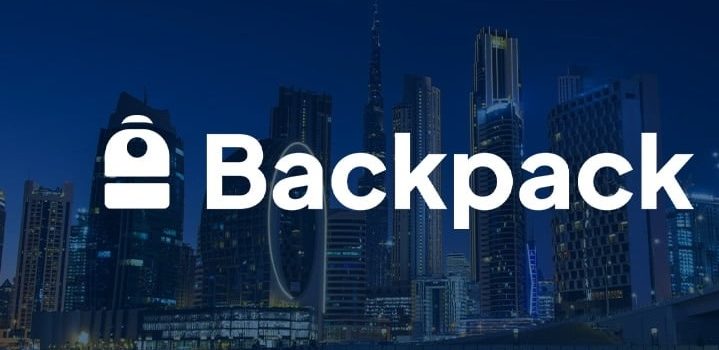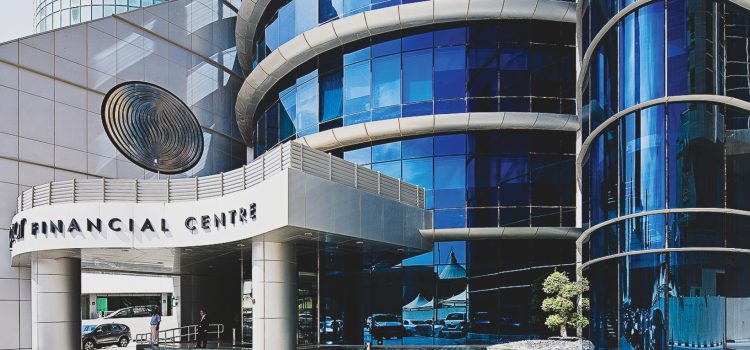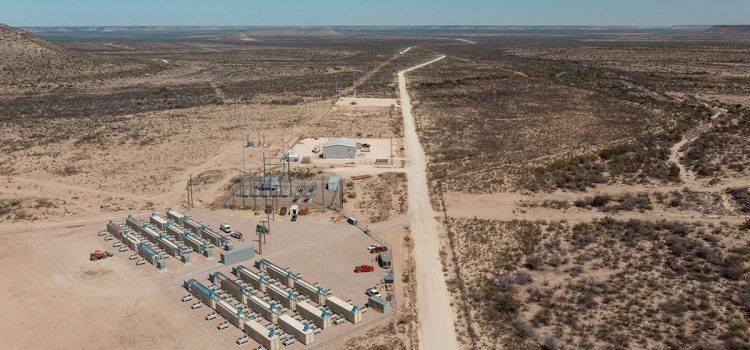UAE based Promeet, a Blockchain enabled platform designed to empower creators to monetize content, has raised $3.1M in pre-seed funding.
As per the press release, the investment will be used to accelerate product development and solidify Promeet’s position as a leading platform for content monetization. By combining videos, photos, meetings, and live streaming—with a blockchain-based transactional layer into a single platform, Promeet offers creators the ability to easily get paid and interact with their audience, all in one place.
Already live and operational, Promeet has onboarded thousands of creators, offering them a seamless, frictionless way to start monetizing their content immediately. By facilitating transactions via USDC on the Polygon network, Promeet ensures that creators are paid quickly, securely, and with lower fees compared to traditional platforms.
The investment was raised through a SAFE (Simple Agreement for Future Equity), positioning Promeet for rapid growth and enhancing its ability to help creators earn effortlessly.
Monetizing content is often challenging for creators due to platform fees, payment delays, monetization restrictions, and the need for diverse income streams. Promeet works to solve these problems head-on by offering:
Instant Payments: Creators gain immediate access to their earnings with no delays. Unlike traditional platforms, which can take weeks or months to process payments, Promeet uses USDC on the Polygon network, enabling quick, peer-to-peer payments between creators and their audience.
Low Fees: Many platforms take significant cuts, up to 50% but with Promeet, creators keep 90% of their earnings, ensuring they retain more of what they make. With no hidden costs, creators have greater control over their income.
No Restrictions: While other platforms impose heavy restrictions, Promeet offers greater freedom for creators to share content authentically. Creators can monetize videos, live streams, and meetings with fewer barriers, leading to more organic audience engagement.
Easy Onboarding: Getting started with Promeet is quick and simple. There are no complicated setups, subscription fees, or KYC requirements. Users automatically receive a wallet upon signing up and never have to worry about gas fees or understanding blockchain processes. With no need to provide ID documents or link a bank account, creators can start monetizing their content immediately.
Full Control Over Content: Creators can choose whether to publish content publicly or keep it private, offering complete flexibility in how they manage their content and income.
The platform is committed to staying closely connected with creators and fans, ensuring their voices shape the platform’s future.
CEO Jonathan Azeroual’s Vision stated, “Blockchain technology has enormous potential, but it’s still searching for the right problem to solve,” said Jonathan Azeroual, Founder and CEO of Promeet. “I’ve been in this space for 10 years, and now it’s time to bring Web3 to mainstream. At Promeet, we’re building products that people actually use, products that empower creators to monetize their content easily, without relying on empty promises or tokens. We’re here to solve real problems for creators, enabling them to earn quickly, keep more of their income, and have more control over their content.”
With the new funding, Promeet plans to expand its team, enhance platform features, and scale its user base. The company remains committed to enhancing user experience, increasing brand visibility, and providing creators with the tools they need to succeed in the digital economy. As the platform grows, it is anticipated that more creators will participate, fostering the adoption of Web3-based monetization across industries.


















